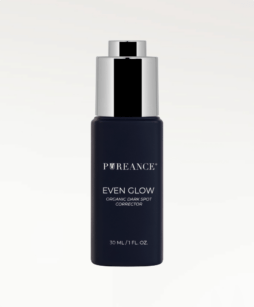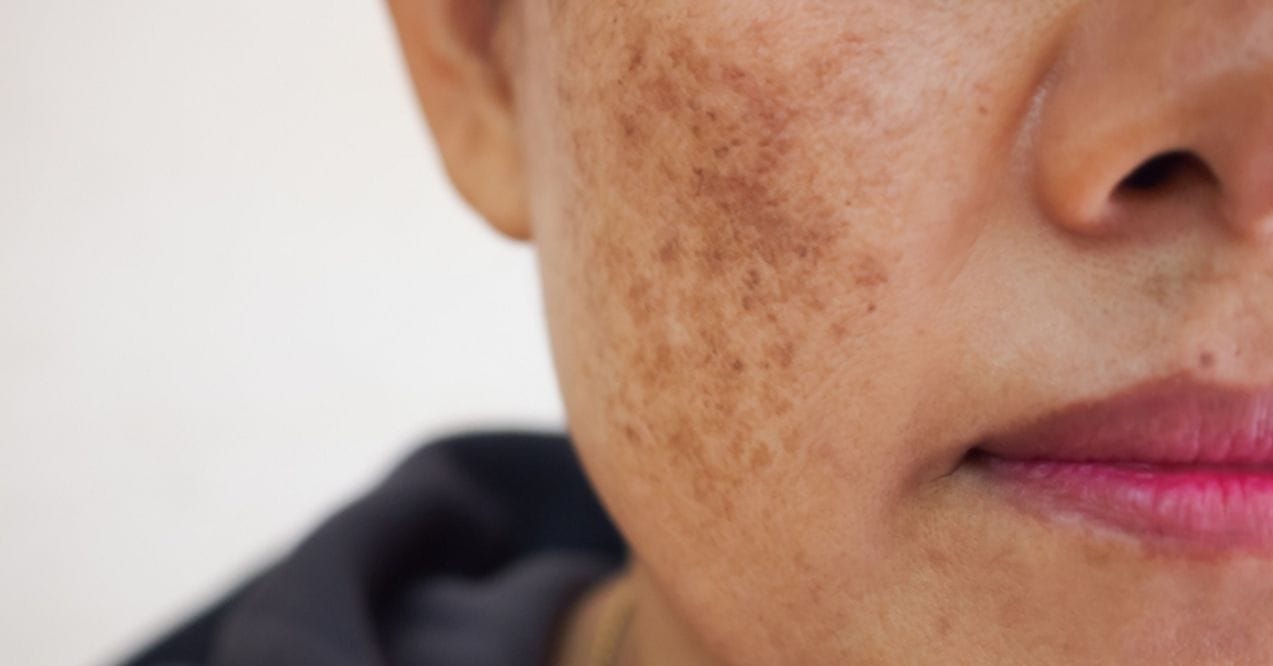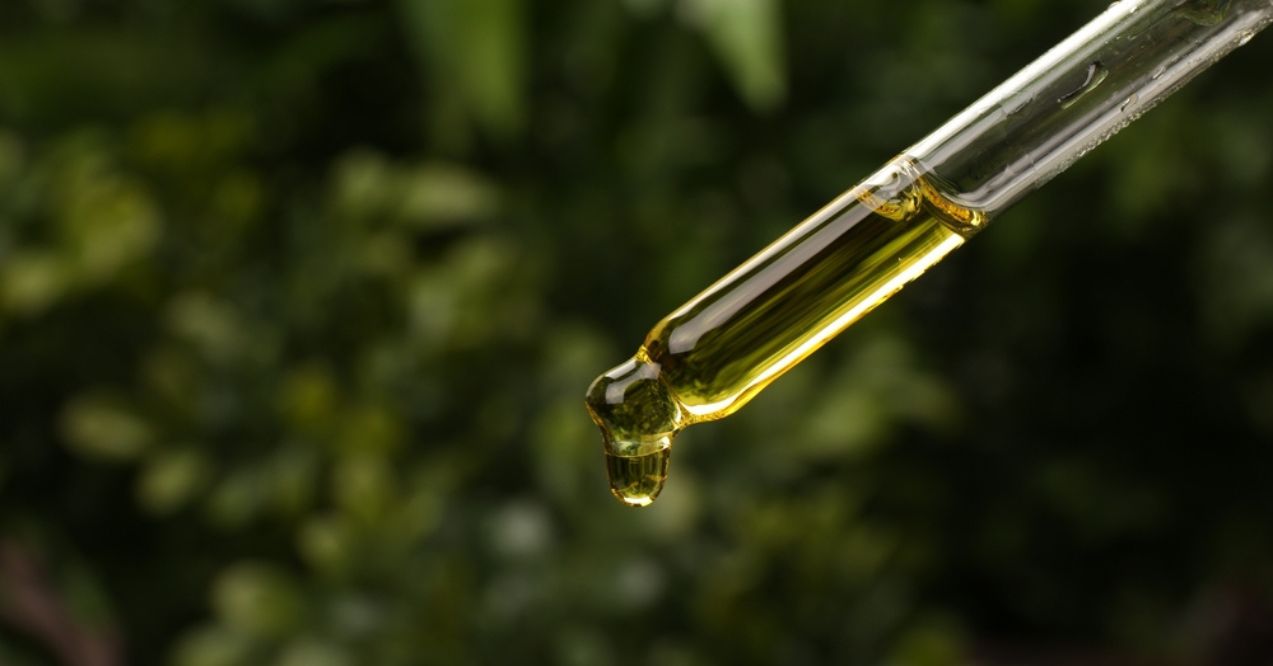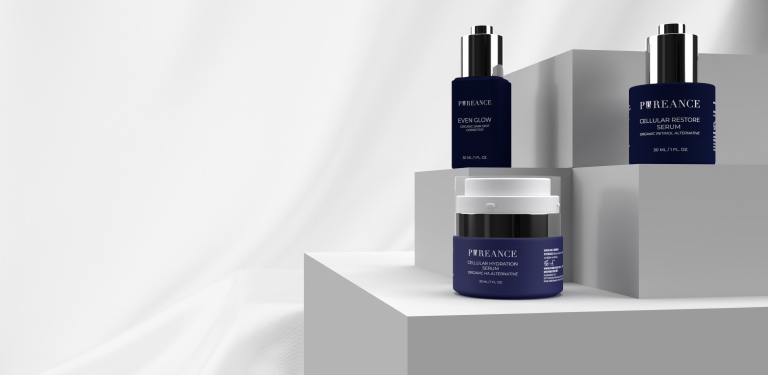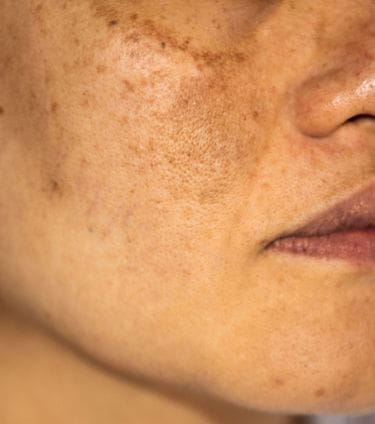
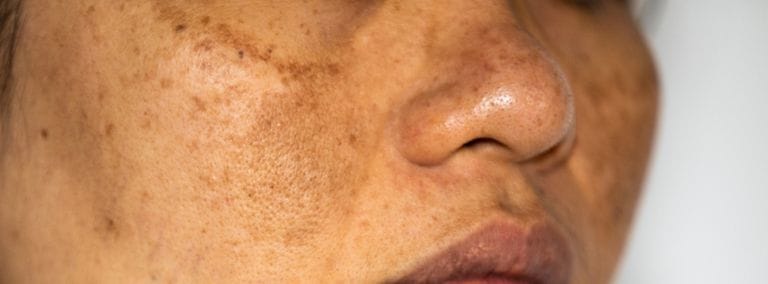

How Long Does It Take for Hyperpigmentation to Go Away?
How long does it take for hyperpigmentation to go away? This question often arises when dealing with dark spots or patches on the skin, known as hyperpigmentation. These marks can appear for various reasons, and their duration can vary significantly. Let’s dive into this complex topic and explore what influences the fading process of hyperpigmentation.
What Causes Hyperpigmentation?
Before we dive into the timeline, let’s quickly touch on what causes those pesky dark spots. Hyperpigmentation occurs when certain areas of your skin produce more melanin – the pigment that gives your skin its color. This overproduction can be triggered by various factors:
- Sun exposure
- Hormonal changes
- Skin injuries or inflammation
- Certain skincare products
The Hyperpigmentation Timeline
When it comes to fading hyperpigmentation, there’s no one-size-fits-all answer. The time it takes can vary widely depending on several factors:
- Depth of pigmentation – Is it on the surface or deeper in the skin?
- Cause – Was it sun damage, hormones, or something else?
- Skin type – How much melanin does your skin naturally produce?
- Age and skin health – Younger, healthier skin tends to bounce back faster.
So, how long does hyperpigmentation last? It can range from a few months to over a year, depending on these factors.
Breaking Down the Healing Process
Let’s take a closer look at what you can expect during the healing process. Everyone’s skin is unique, so your experience may differ.
Mild Cases
For lighter, more superficial hyperpigmentation, you might see improvement within 3 to 6 months. During this time, your skin is working hard to shed the darkened cells and replace them with fresh, evenly-toned ones.
Moderate to Severe Cases
Deeper or more stubborn hyperpigmentation can take 12 months or more to fade. This is because the pigment is nestled deeper in your skin, and it takes time for those layers to turn over and reveal brighter skin beneath.
How long for hyperpigmentation to fade can depend on its severity and your skin’s natural healing process.
Accelerating the Fading Process
While patience is key, there are ways to give your skin a helping hand in fading hyperpigmentation.
Sun Protection
The sun is not your friend when it comes to hyperpigmentation. UV rays can darken existing spots and create new ones. Your best defense? A broad-spectrum sunscreen with at least SPF 30, applied daily.
Targeted Treatments
Vitamin C
Does vitamin C help with hyperpigmentation? Absolutely! This potent antioxidant is a true brightening superstar. Here’s why:
- Inhibits melanin production – Vitamin C blocks an enzyme called tyrosinase, which is responsible for melanin formation.
- Antioxidant protection – It neutralizes free radicals, preventing further skin damage and pigmentation.
- Collagen boost – Vitamin C promotes collagen production, helping to improve overall skin texture and tone.
For best results, look for products with L-ascorbic acid, the most effective form of vitamin C for skin.
Niacinamide
This form of vitamin B3 is a multitasking ingredient that helps even out skin tone:
- Melanin transfer – Niacinamide interferes with the transfer of melanin to skin cells, reducing the appearance of dark spots.
- Skin barrier support – It strengthens the skin’s protective barrier, making it more resilient against environmental stressors.
- Anti-inflammatory – Niacinamide has calming properties, which can help prevent inflammation-induced pigmentation.
Alpha Hydroxy Acids (AHAs)
These gentle exfoliants work by removing the top layer of dead skin cells, revealing fresher, brighter skin underneath. Popular AHAs include:
- Glycolic acid – The smallest AHA molecule, it penetrates deeply to provide thorough exfoliation.
- Lactic acid – A milder option that’s great for sensitive skin and provides hydration.
- Mandelic acid – Derived from almonds, it’s gentle and suitable for all skin types.
AHAs not only reveal brighter skin but also help other skincare ingredients penetrate more effectively.
When introducing new active ingredients, it’s best to start slowly and gradually increase usage to avoid irritation. Always patch test new products and consider consulting with a skincare professional for personalized advice.
Natural Support Options
For those interested in a more natural approach, there are some oils that may help with hyperpigmentation:
- Rosehip oil – Rich in vitamin C and retinoids
- Jojoba oil – Mimics skin’s natural oils and may help with cell turnover
- Argan oil – High in vitamin E and fatty acids
While research on oils for hyperpigmentation is limited, many people find them helpful as part of their skincare routine.
Professional Treatments
For a little extra oomph, professional treatments can speed up the fading process:
- Chemical peels – Remove the top layer of skin to reveal brighter skin underneath
- Microneedling – Stimulates collagen production and skin renewal
- Light therapy – Uses specific wavelengths of light to target pigmentation
These treatments can be more intense, so always consult with a skincare professional to determine what’s right for you.
Why Your Hyperpigmentation Might Be Stubborn
If your dark spots seem particularly resistant to fading, there could be a few reasons:
- Inconsistent skincare routine – Skipping days or forgetting sunscreen can slow progress
- Hidden irritants – Some products might be secretly aggravating your skin
- Genetic factors – Some skin types are more prone to pigmentation issues
Conclusion
How long it takes for hyperpigmentation to fade can vary widely depending on factors like the depth of discoloration, its underlying cause, and your skin type, so don’t get discouraged if you don’t see immediate results. Hyperpigmentation fading is a gradual process, often taking a few months to over a year, but consistency and patience are your greatest assets in achieving clearer skin.
By combining diligent sun protection, targeted treatments, and possibly natural oils, you can support your skin’s healing journey. Remember, every skin is unique, and finding what works best for you takes time and care. Stay committed, and your radiant, natural complexion will shine through.
Mild hyperpigmentation can sometimes fade naturally over time, especially if it’s caused by temporary factors like minor skin injuries or acne. However, this process can take months or even years, and more severe cases often require treatment for noticeable improvement.
Skin type significantly influences hyperpigmentation healing time. Darker skin tones, which produce more melanin, are more prone to hyperpigmentation and may take longer to fade. Lighter skin types might see faster results, but are also more susceptible to sun-induced hyperpigmentation.
While most hyperpigmentation can be improved with consistent treatment, some cases can become long-lasting or appear permanent. Deep, long-standing hyperpigmentation or certain conditions like melasma can be particularly stubborn and may require ongoing management to prevent recurrence.
This site offers health, wellness, fitness and nutritional information and is designed for educational purposes only. You should not rely on this information as a substitute for, nor does it replace, professional medical advice, diagnosis, or treatment. If you have any concerns or questions about your health, you should always consult with a physician or other health-care professional. Do not disregard, avoid or delay obtaining medical or health related advice from your health-care professional because of something you may have read on this site. The use of any information provided on this site is solely at your own risk.
Nothing stated or posted on this site or available through any services are intended to be, and must not be taken to be, the practice of medical or counseling care. For purposes of this agreement, the practice of medicine and counseling includes, without limitation, psychiatry, psychology, psychotherapy, or providing health care treatment, instructions, diagnosis, prognosis or advice.
